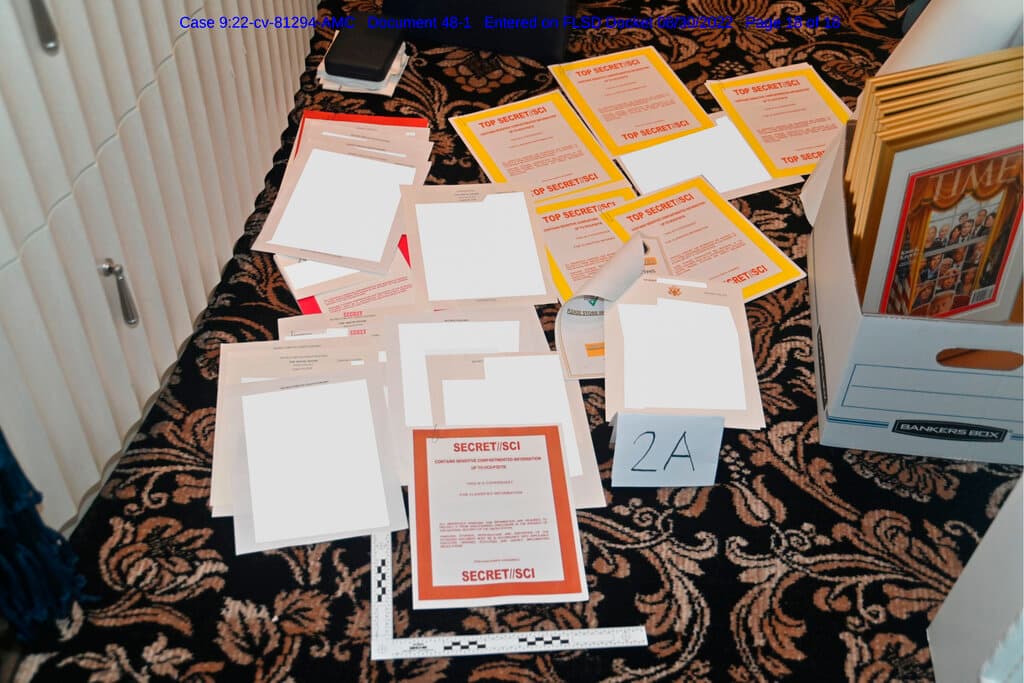Trump Could Soon Face Espionage, Obstruction Charges as Jack Smith’s Probe Closes In
The special counsel is mum, but all signs point toward charges. One of Trump’s former lawyers, Ty Cobb, predicts he ‘will go to jail.’

It is not yet known when — or if — Special Prosecutor Jack Smith will hand up an indictment against President Trump alleging crimes relating to the retention of documents at Mar-a-Lago. Preliminary proceedings are under seal. Signals suggest, though, that we could soon see white smoke emerge from Mr. Smith’s office.
Please check your email.
A verification code has been sent to
Didn't get a code? Click to resend.
To continue reading, please select:
Enter your email to read for FREE
Get 1 FREE article
Join the Sun for a PENNY A DAY
$0.01/day for 60 days
Cancel anytime
100% ad free experience
Unlimited article and commenting access
Full annual dues ($120) billed after 60 days

